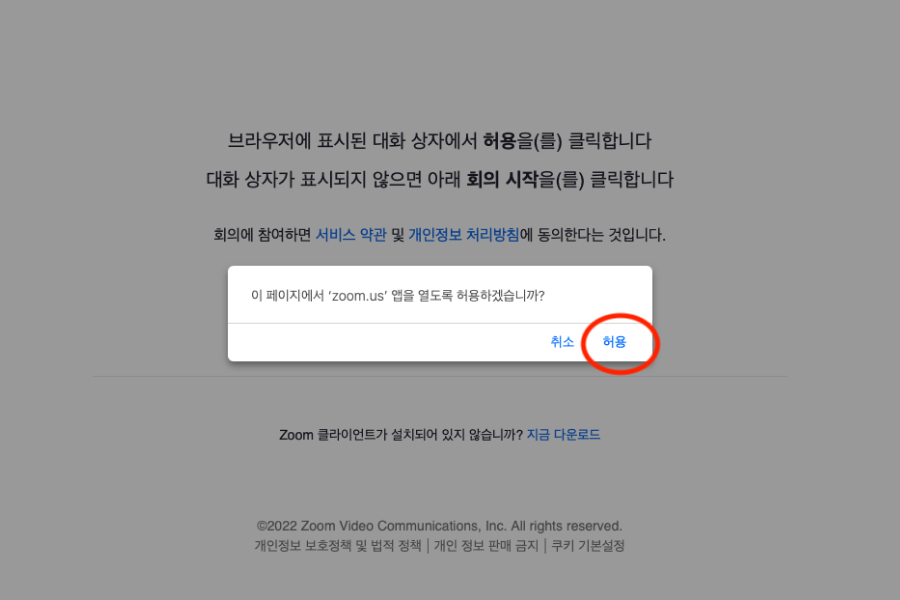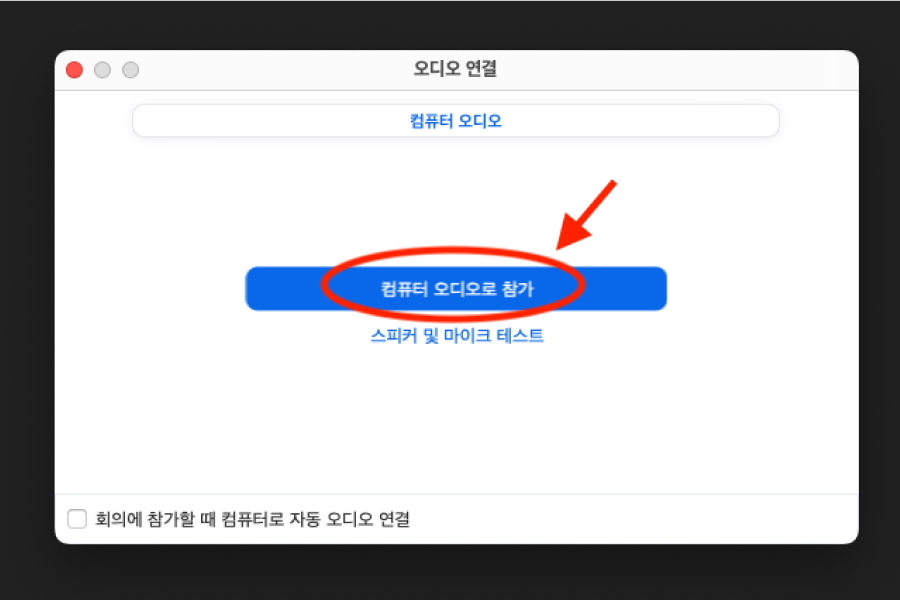You said:
Korean uses two writing systems: Hanja (Chinese characters) and Hangul (the Korean alphabet). Hanja represents meaning, while Hangul represents sounds. Many Korean words are written in Hangul but come from Hanja, keeping only their pronunciation. For example, "생일 (birthday)" combines 生 (to live) called 생 in Korea and 日 (day) called 일. Learning Hanja can help understand the meaning and origin of many words. For this reason, when I return to Korea, I plan to have my child study Hanja.
Better to say:
Korean uses two writing systems: Hanja (Chinese characters) and Hangul (the Korean alphabet). Hanja represents meaning, while Hangul represents sounds. Many Korean words are written in Hangul but are derived from Hanja, retaining only their pronunciation. For example, "생일" (birthday) combines 生 (to live), pronounced saeng in Korean, and 日 (day), pronounced il. Learning Hanja can help one understand the meaning and origin of many words. For this reason, when I return to Korea, I plan to have my child study Hanja.








